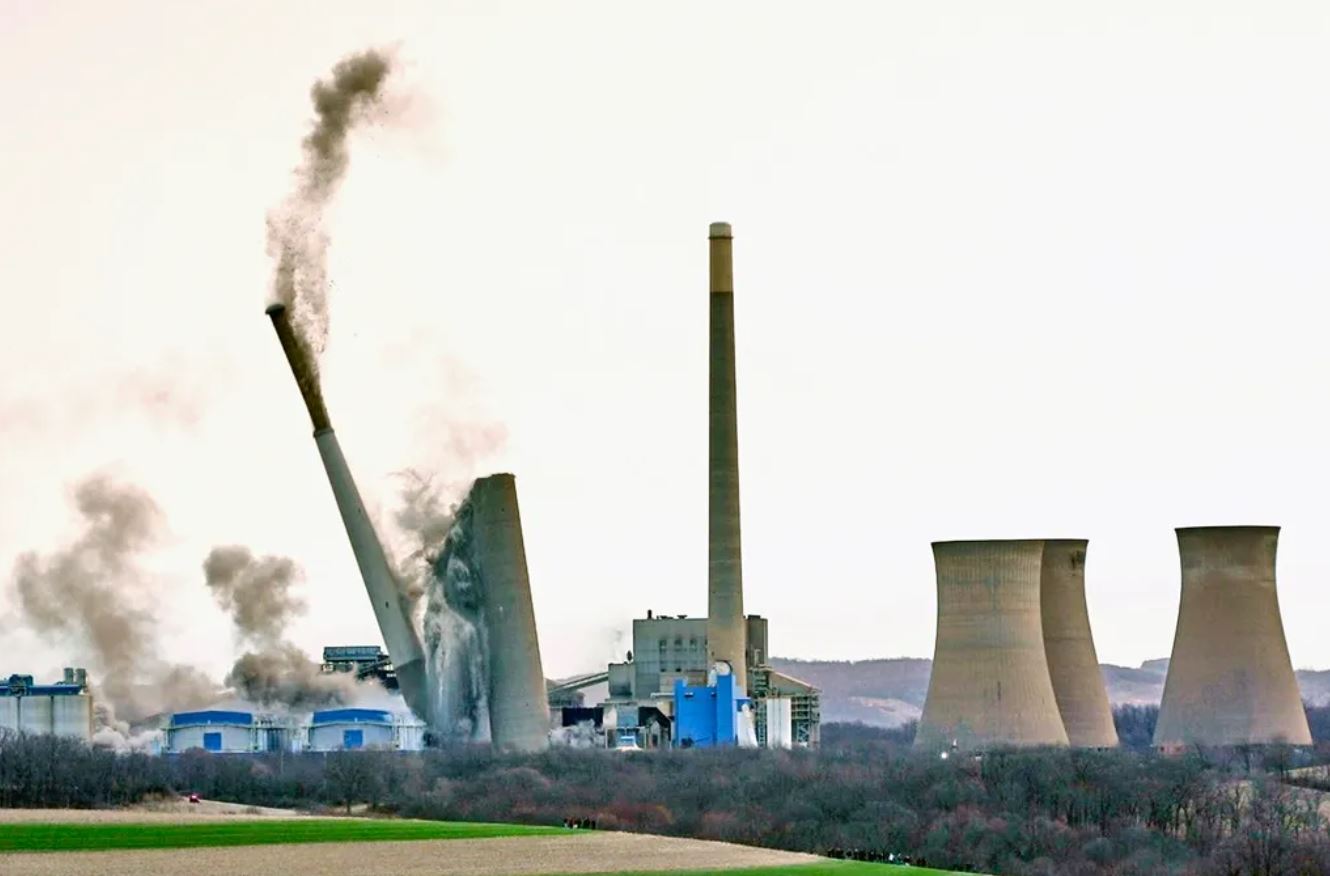 At Springdale, an iconic site is set to embrace a high-tech future. The former Cheswick Generating Station is on track to become a hyperscale AI data centre that could serve tech giants like Facebook, Apple, and Microsoft. Residents and local leaders gathered at the borough building on Wednesday night to discuss the project details with developers, creating an open dialogue about progress and potential challenges.
At Springdale, an iconic site is set to embrace a high-tech future. The former Cheswick Generating Station is on track to become a hyperscale AI data centre that could serve tech giants like Facebook, Apple, and Microsoft. Residents and local leaders gathered at the borough building on Wednesday night to discuss the project details with developers, creating an open dialogue about progress and potential challenges.
Developer Brian Regli pointed out that the initiative could generate between 80 and 100 permanent jobs, a promising boost for the local workforce. The facility is expected to demand about 180 megawatts of power—roughly 20% of what the Three Mile Island Nuclear Station once produced—which underscores the need for careful energy planning.
Concerns naturally arose among community members regarding rising utility costs. One local asked, “I wonder how their electricity bills are gonna change, how their water bills are gonna change, how their internet bills are gonna change with all this additional demand.” Regli acknowledged these valid worries by recognising the significant power challenges ahead. He stated, “What we’re presenting to you today is an opportunity to bring some of the most advanced technology, some of the largest investments in this particular zone, into this community of Springdale Borough.”
The centre plans to initially use municipal water for cooling before switching to water reuse, a move that reflects an emphasis on sustainability. Choosing western Pennsylvania as its new home is a strategic decision, given the region’s diverse and reliable energy options.
Local concerns weren’t limited to utilities. The impact of noise and light pollution also featured in discussions. Developers reassured residents that noise levels will comply with local standards and that existing trees will help screen the facility from view. When it came to health worries, Regli mentioned he was not aware of any issues, offering a sense of calm amid the changes.
While the job numbers may not match other booming industries, the promise of minimal community disruption and accessible employment for those with mechanical skills offers a practical, down-to-earth benefit. As Regli put it, the roles don’t necessarily demand advanced degrees—just the strong technical know-how that plenty of locals already possess.
If you’ve ever wondered how old infrastructures can be repurposed into something that genuinely benefits the community, this project provides a compelling example. It marries cutting-edge technology with practical, local expertise, paving the way for a forward-thinking future in Springdale.








